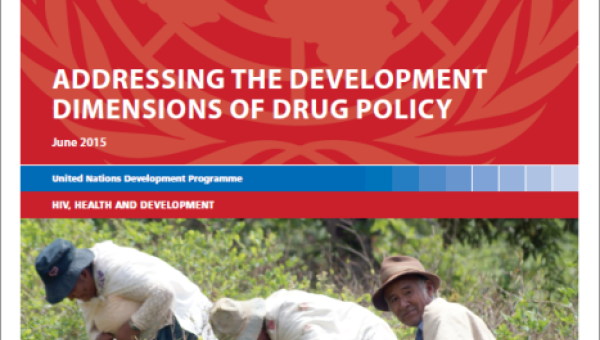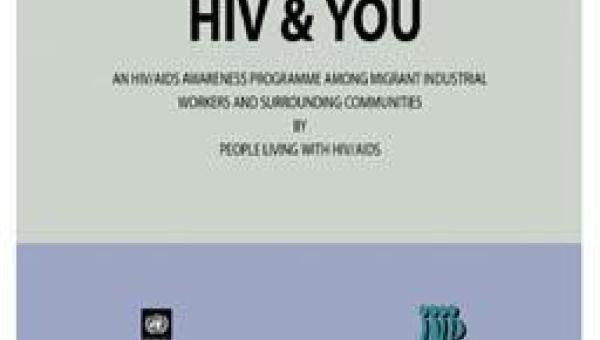Non-Communicable Diseases and Tobacco Control
Non-Communicable Diseases (NCDs) contribute to economic losses and trap millions of people in poverty. The burden of NCDs can significantly be reduced if public policies in sectors outside health more effectively addressed shared risk factors such as tobacco use, unhealthy diet, physical inactivity, harmful use of alcohol and air pollution. With growing burdens of mental health conditions worldwide, the understanding of the important role mental health plays in development is growing. Sectors outside health also play a crucial role in addressing barriers to diagnostic, management and prevention services for NCDs.
UNDP’s work on NCDs contributes to its broader commitment to eradicate poverty, reduce inequalities, strengthen effective and inclusive governance, and build resilient and sustainable systems for health. UNDP, in cooperation with WHO, the Secretariat of the WHO Framework Convention on Tobacco Control and other partners, supports governments in all regions to implement or strengthen whole-of-government NCD responses.

 Locations
Locations





